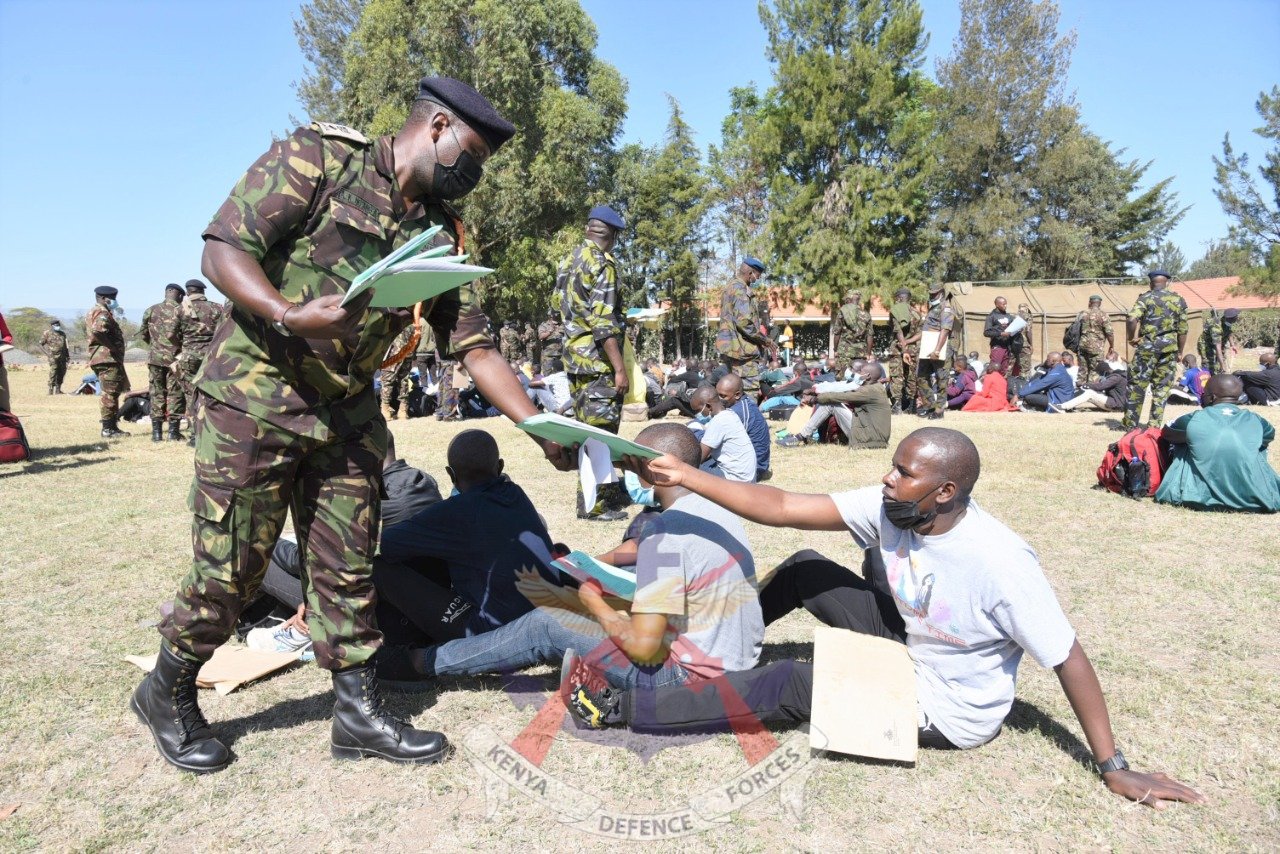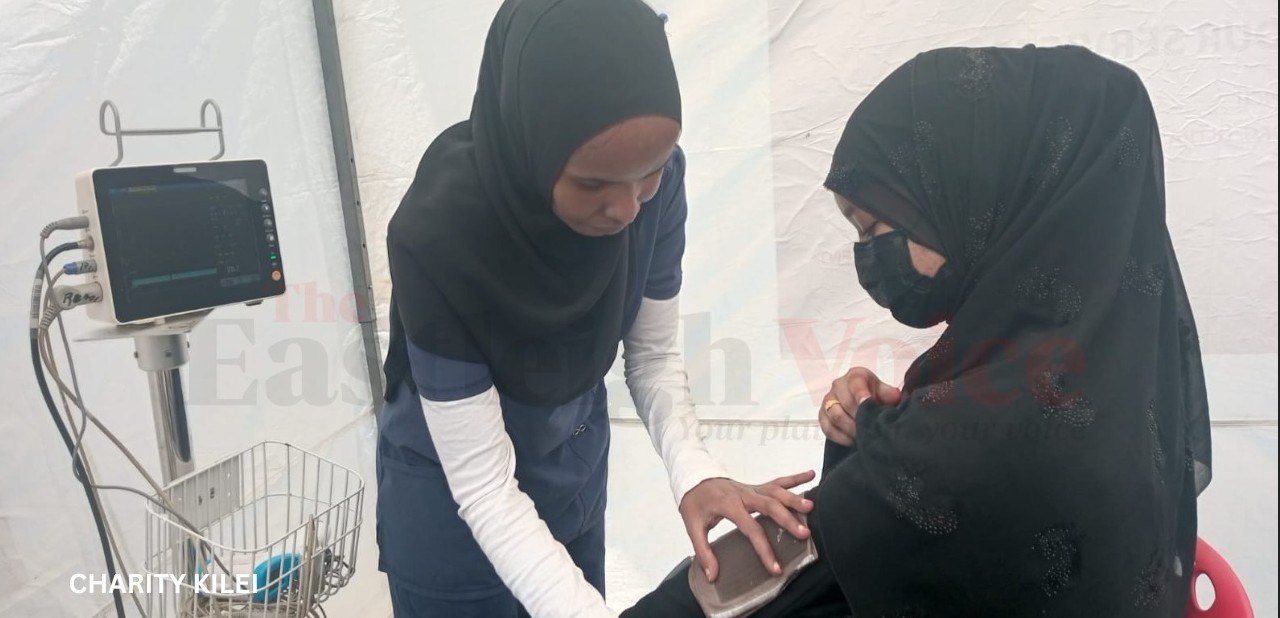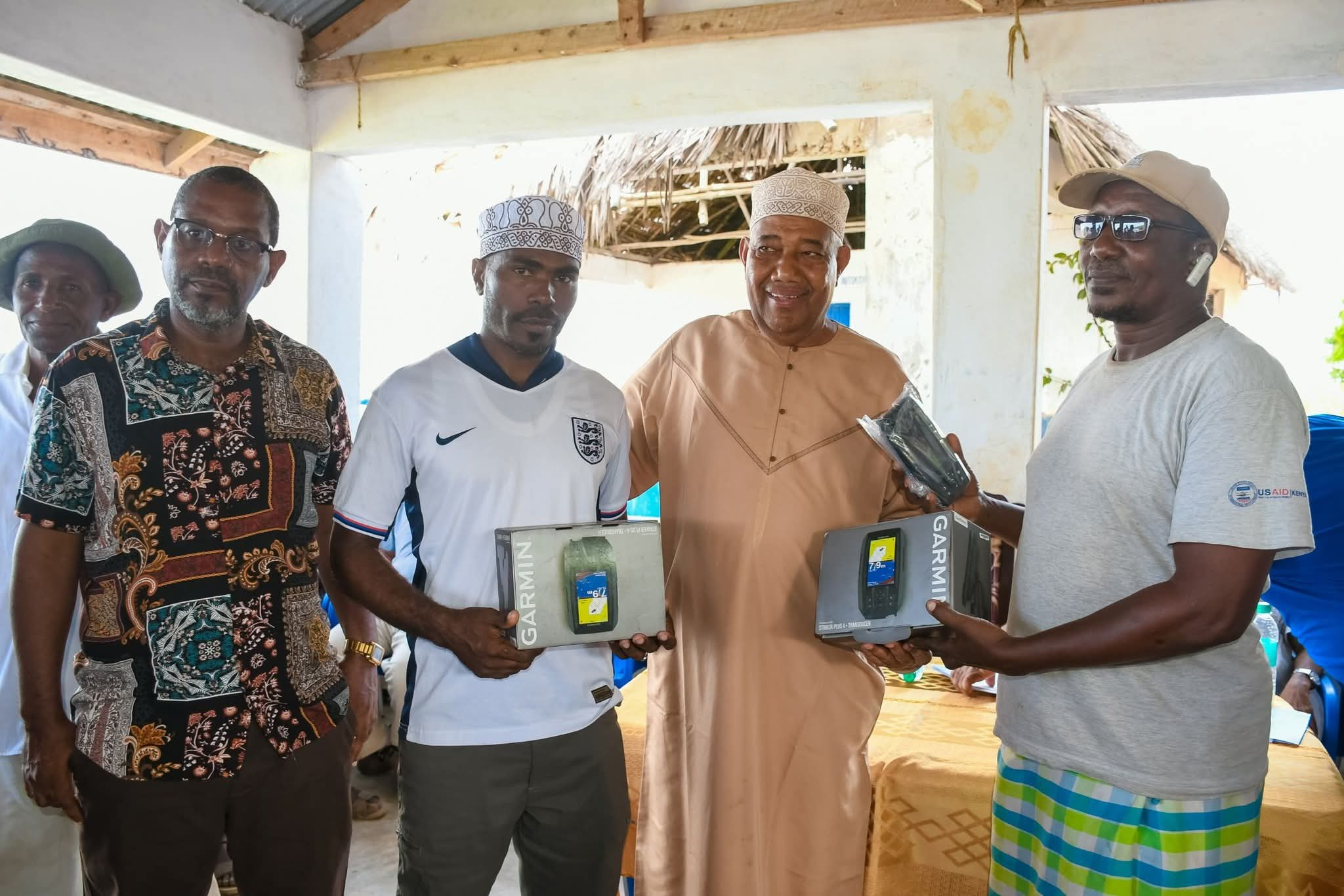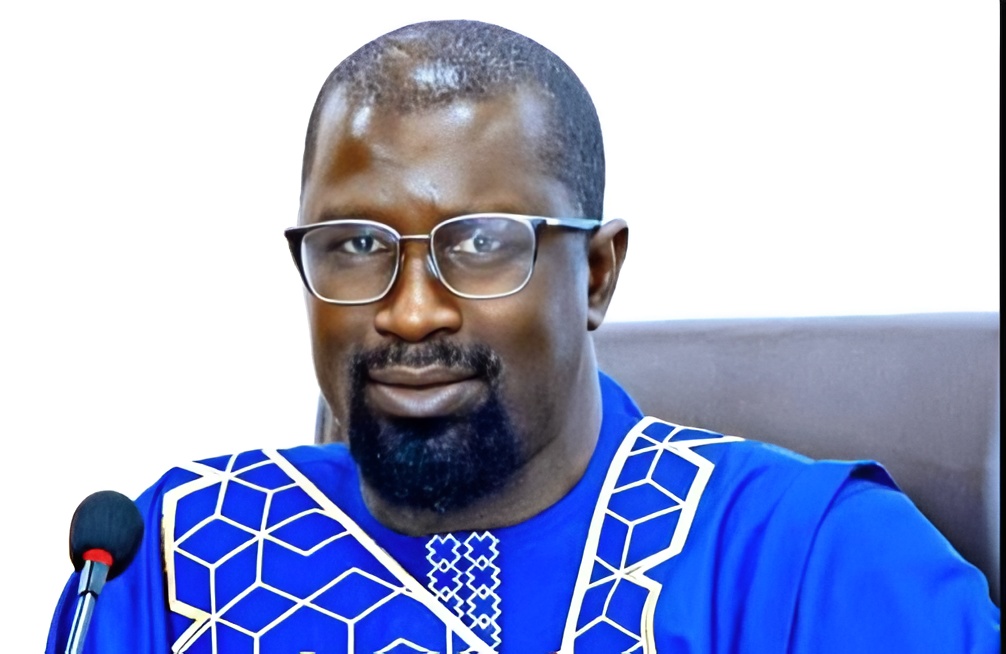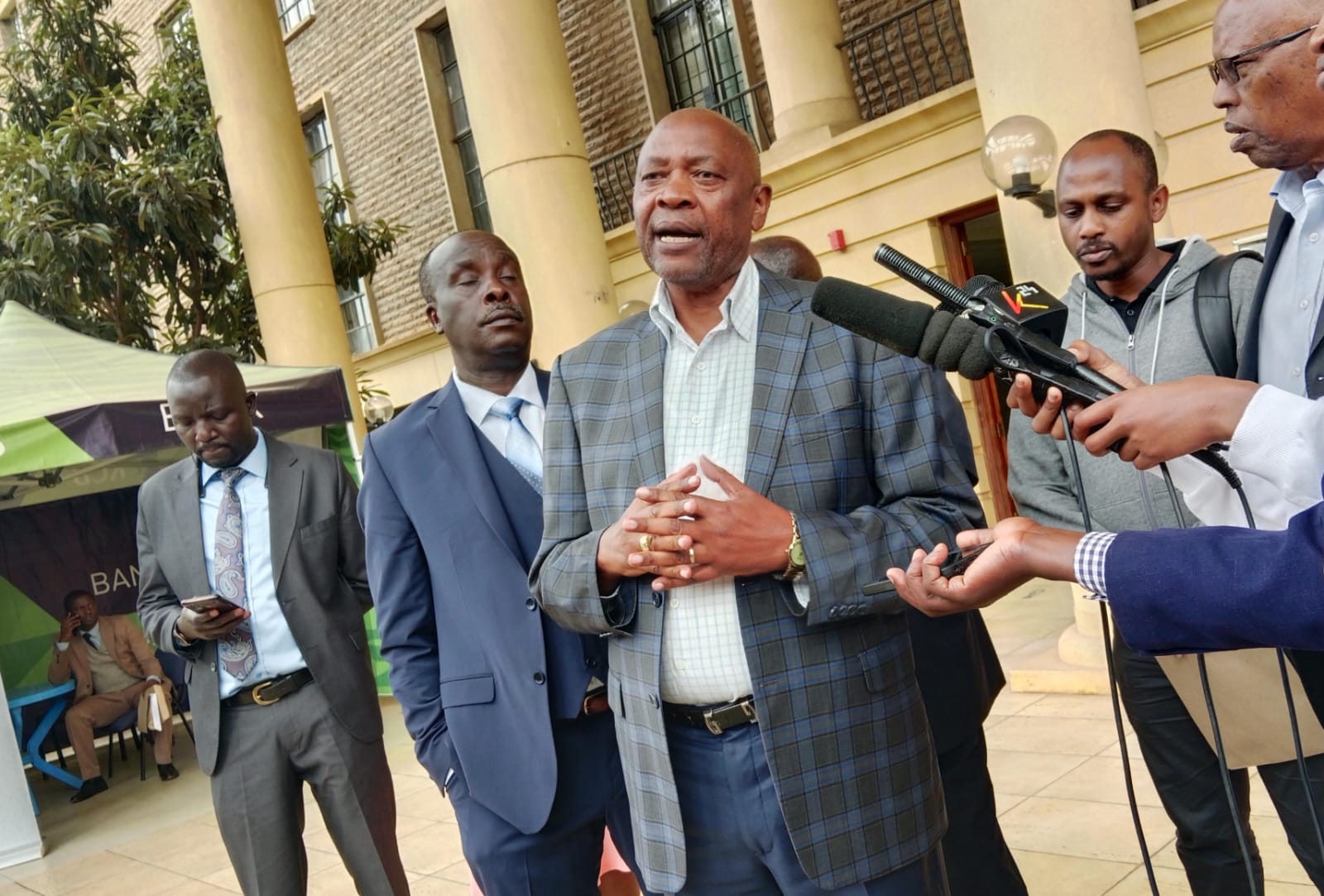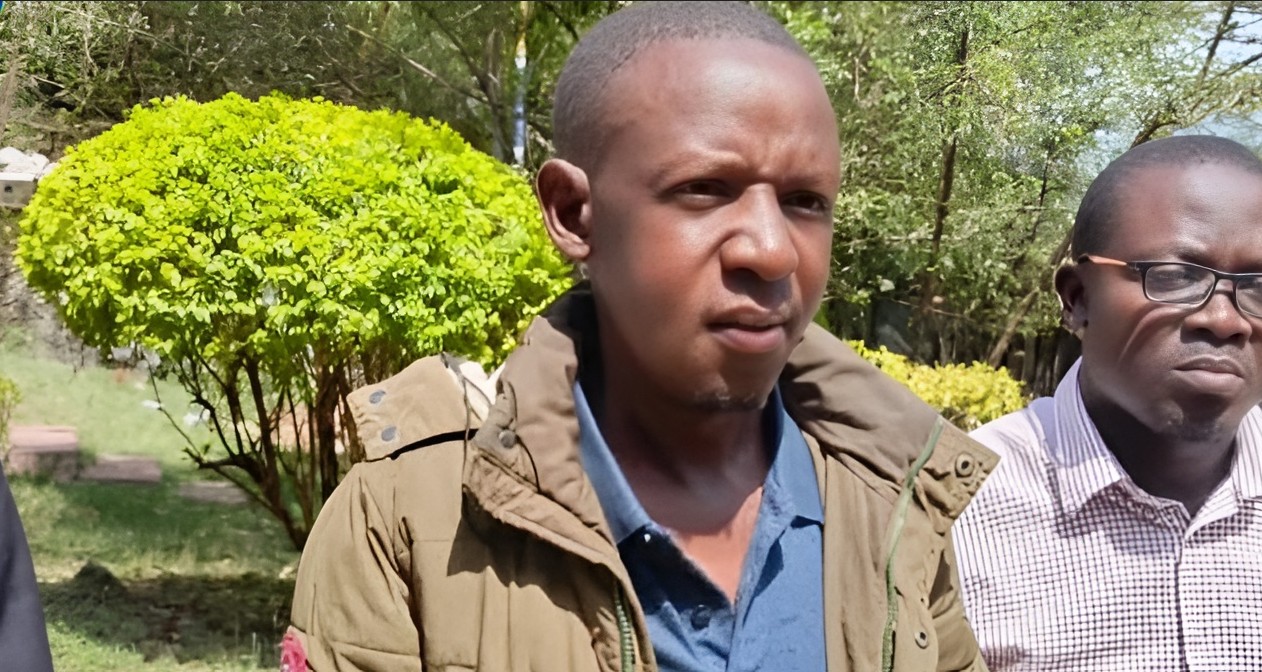Oxford documentary exposes Kenya’s shadow scholars writing essays for UK students

The documentary, produced by British-Kenyan sociologist Patricia King'ori, follows young Kenyans—commonly referred to as "shadow scholars"—who make a living by completing assignments for foreign students.
A new documentary by Oxford University has revealed the scale of Kenya's ghostwriting industry, where thousands of graduates secretly write essays and dissertations for students in the United Kingdom and other foreign countries.
The documentary, produced by British-Kenyan sociologist Patricia King'ori, follows young Kenyans—commonly referred to as "shadow scholars"—who make a living by completing assignments for foreign students.
More To Read
- OpenAI to introduce parental controls on ChatGPT amid teen safety concerns
- OpenAI under fire: Can chatbots ever truly be child-safe?
- Editors, reporters challenged to adopt AI but maintain human oversight
- How hype and Western narratives shape AI reporting in Africa, and what must change
- Microsoft rolls out GPT-5 in Copilot, introduces smart mode for adaptive AI
- Namibia launches AI-assisted learning pilot project to reach 2,500 students by 2026
Kingori, who was born in Kenya, travelled to Nairobi to meet the writers and record their experiences.
Kenya has become one of the world's hotspots for academic ghostwriting, with estimates suggesting that more than 40,000 writers operate in Nairobi alone. Their work spans subjects ranging from engineering and nursing to literature and quantum physics.
Top earners
The documentary highlights both the financial rewards and personal costs of the trade. Top earners in the industry can make salaries comparable to doctors in Nairobi, with fees ranging from under £1 (Sh175) per page to several thousand pounds for a full dissertation.
Some writers have paid school fees, built homes, and supported families through ghostwriting. Many work overnight with little sleep, often juggling several papers at once to make ends meet.
To secure clients, many also create fake Western profiles to land writing jobs.
"They're incredible. I felt like I was entering a kind of elite athletes' camp. It's like being a recreational jogger and then suddenly entering an Olympic village," King'ori told The Guardian.
"You're able to write an essay, on a subject you've learned nothing about, in six hours? How are you able to do this? They have to meet these deadlines; otherwise, they get badly reviewed and they get kicked off the platform. They don't get extensions. They don't get sick notes. They just have to do it."
Widespread
Though contract cheating services were banned in England in 2022, experts say the practice remains widespread and is now blending with generative AI.
"Contract cheating remains a major problem in UK higher education. Some students use AI for first drafts, then hire writers to rework them to avoid detection," said Thomas Lancaster, a computer scientist at Imperial College London.
"Some students have moved to using genAI systems like ChatGPT in place of contracting to an essay mill. I've also heard that there is a market now for students who use genAI to create a first draft, but then hire a writer to check the content and to rewrite it so that it is not detected as AI-generated."
Top Stories Today



